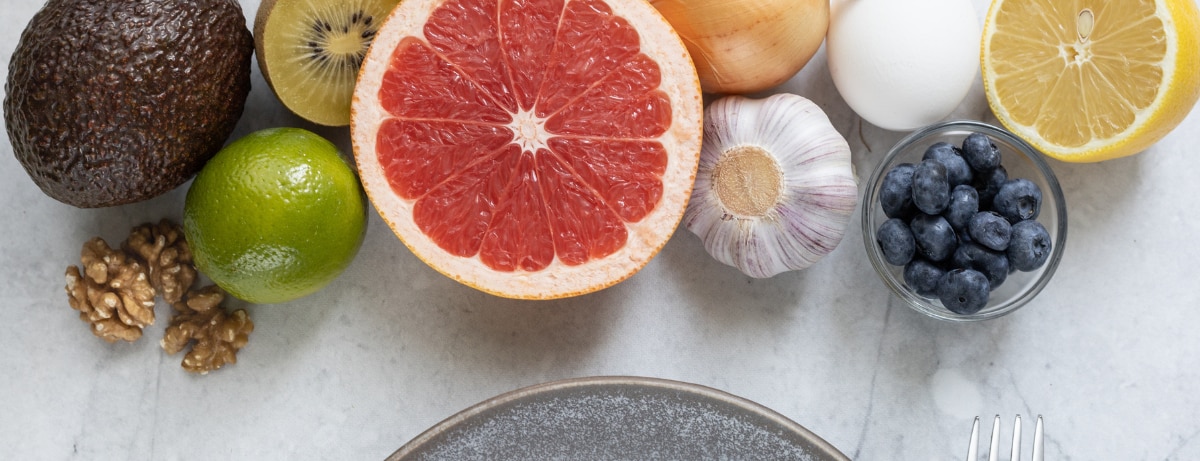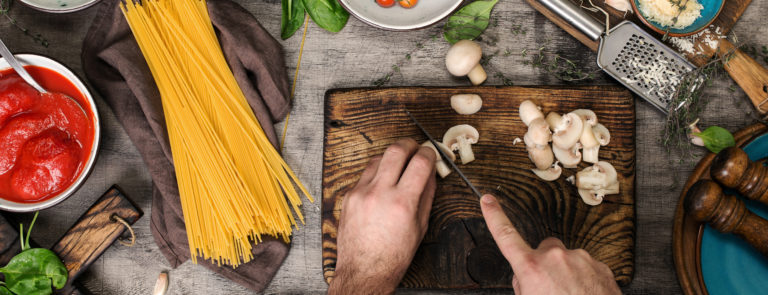10% off £35
What are electrolytes?

Summary
1What are electrolytes?
Electrolytes are salts and minerals, like sodium, potassium, chloride, and bicarbonate which are found in our blood, and help to conduct electrical...
2What do electrolytes do?
Electrolytes are important. They’re vital for your body to function correctly, and they help with a wide range of processes...
3Why does the body need electrolytes?
We all need electrolytes to survive. A number of automatic processes your body carries out rely on a small electric current in order to function...

What are electrolytes?
- Sodium
- Potassium
- Calcium
- Bicarbonate
- Magnesium
- Chloride
- Phosphate
What do electrolytes do?
- Transmitting nerve signals
- Helping blood to clot
- Helping muscle contraction
- Building new tissue
- Regulating fluid levels
- Keeping your blood pH in a normal range4
Why does the body need electrolytes?
What is an electrolyte imbalance?

8 low electrolyte symptoms
- Fever
- Shortness of breath
- Confusion
- Change in heartbeat
- Tiredness
- Muscle spasms
- Blood pressure changes
- Weakness
How to get electrolytes
Dietary sources of electrolytes
- Fruit, like bananas, oranges, and melons9
- Leafy greens, like spinach and kale10
- Dairy products, like milk or yoghurt11
- Sodium: Pickled foods, cheese, and table salt
- Chloride: Table salt
- Potassium: Fruits and vegetables like bananas, avocado and sweet potato.
- Magnesium: Seeds and nuts.
- Calcium: Dairy products, fortified dairy alternatives and green leafy vegetables.
- Control your fluid balance
- Regulate your blood pressure
- Help your muscles contract — including your heart
- Maintain the correct acidity of your blood (pH)
3 electrolyte drink benefits
1. May improve performance
2. Rehydrate during illness
3. May help with heat stroke

When to take electrolytes
What electrolyte supplements are available?
Are electrolytes supplements suitable for everyone?
Electrolytes blood test
The final say
1. https://www.nhs.uk/conditions/electrolyte-test/
2. https://www.ncbi.nlm.nih.gov/pmc/articles/PMC5881435/
3. https://www.medicalnewstoday.com/articles/electrolytes-food
5. https://www.medicalnewstoday.com/articles/153188
6. https://www.medicalnewstoday.com/articles/electrolyte-imbalance
7. https://www.ncbi.nlm.nih.gov/pmc/articles/PMC4129840/
8. https://www.nhs.uk/conditions/electrolyte-test/
9. https://www.menshealth.com/nutrition/g19705799/electrolyte-foods/
11. https://www.myfooddata.com/articles/high-electrolyte-foods.php
12. https://www.insider.com/how-to-get-electrolytes
13. https://nutritiondata.self.com/foods-000118000000000000000-w.html
14. https://nutritiondata.self.com/foods-011122000000000000000-1w.html
15. https://nutritiondata.self.com/foods-000123000000000000000-w.html
16. https://www.gq.com/story/do-you-really-need-to-worry-about-your-electrolytes
17. https://medlineplus.gov/ency/article/002350.htm
18. https://pubmed.ncbi.nlm.nih.gov/26920240/
19. https://pubmed.ncbi.nlm.nih.gov/17277604/
20. https://pubmed.ncbi.nlm.nih.gov/26920240/
21. https://www.cdc.gov/disasters/extremeheat/faq.html
22. https://www.hsph.harvard.edu/nutritionsource/salt-and-sodium/














